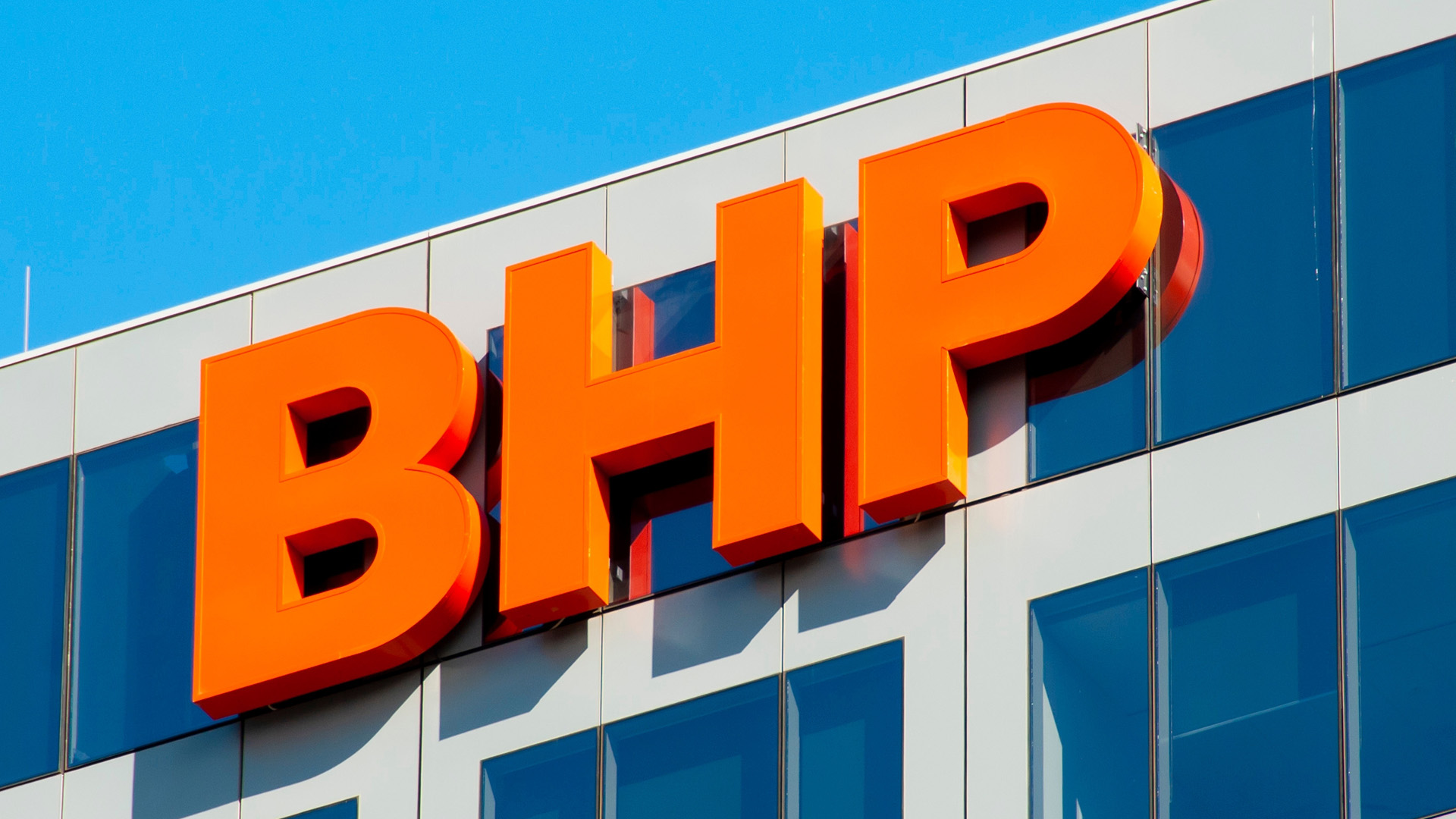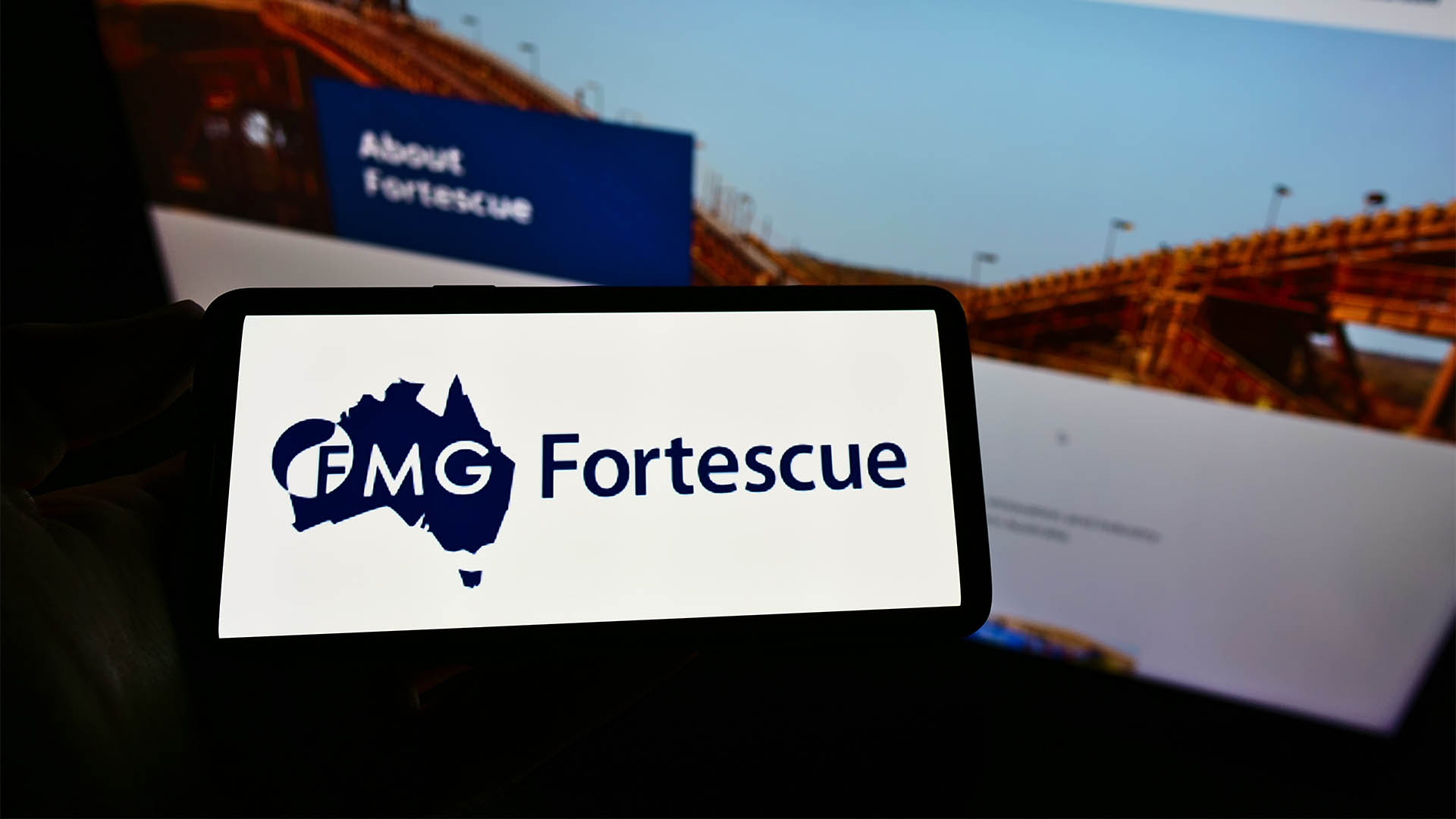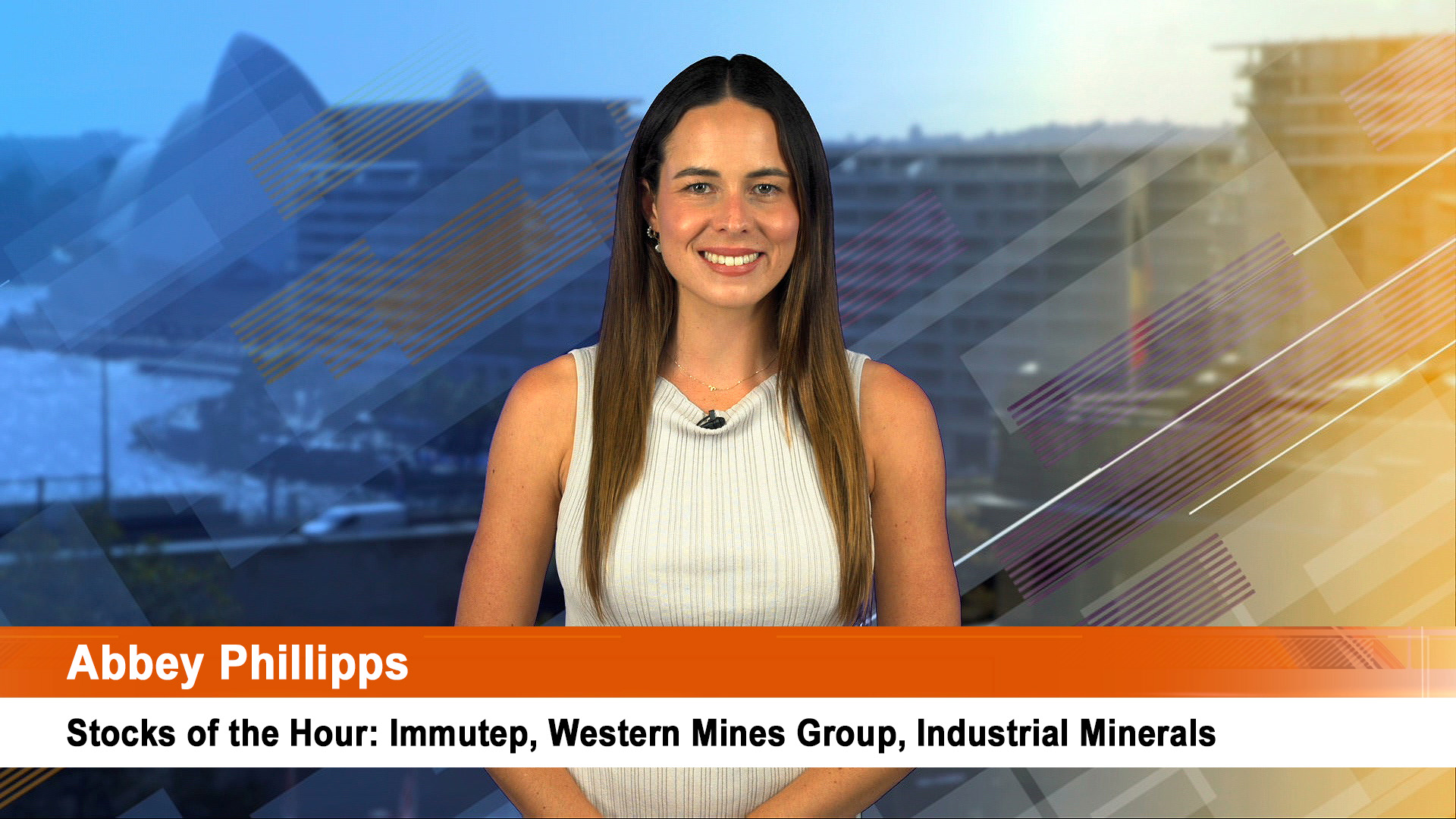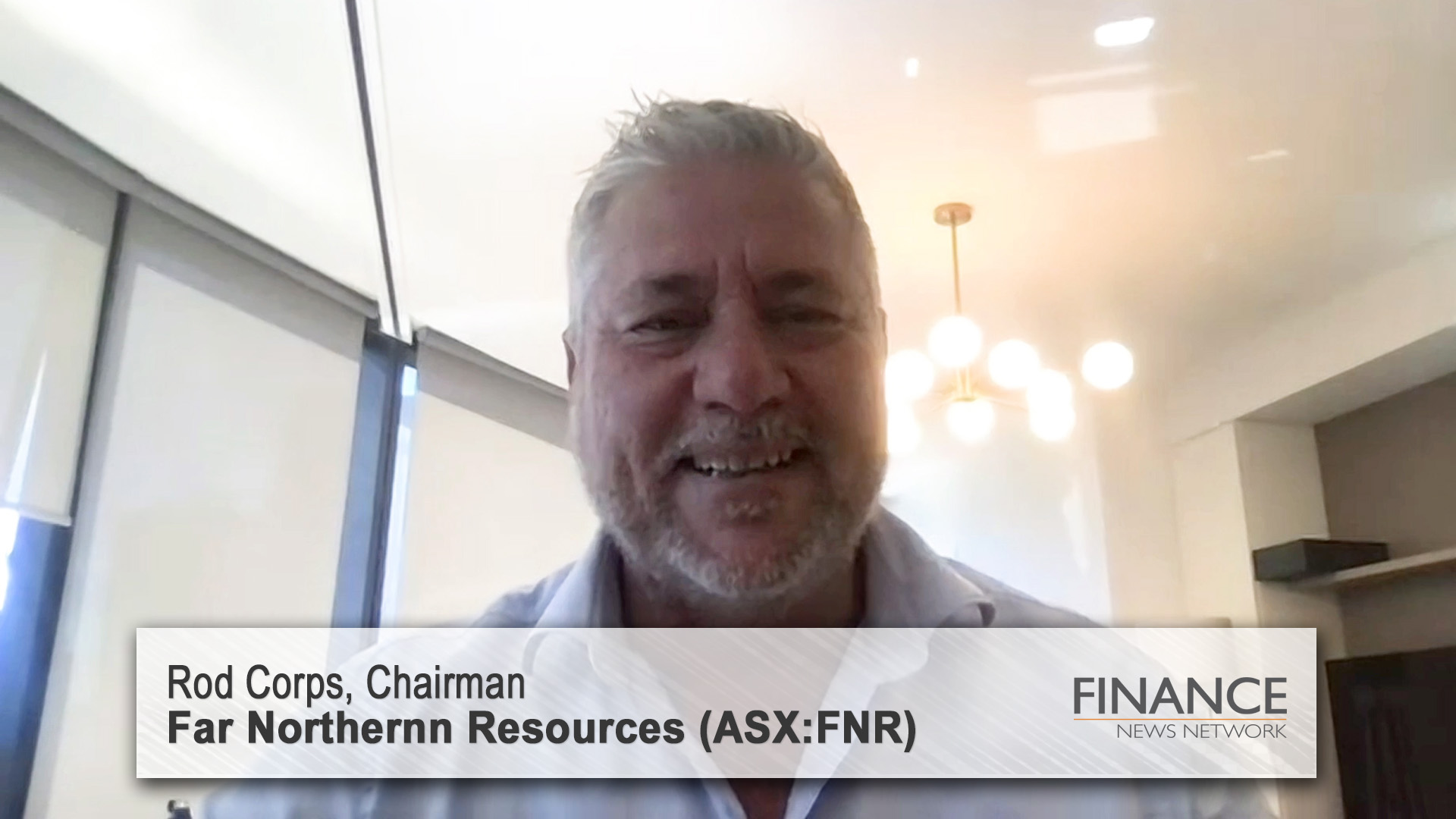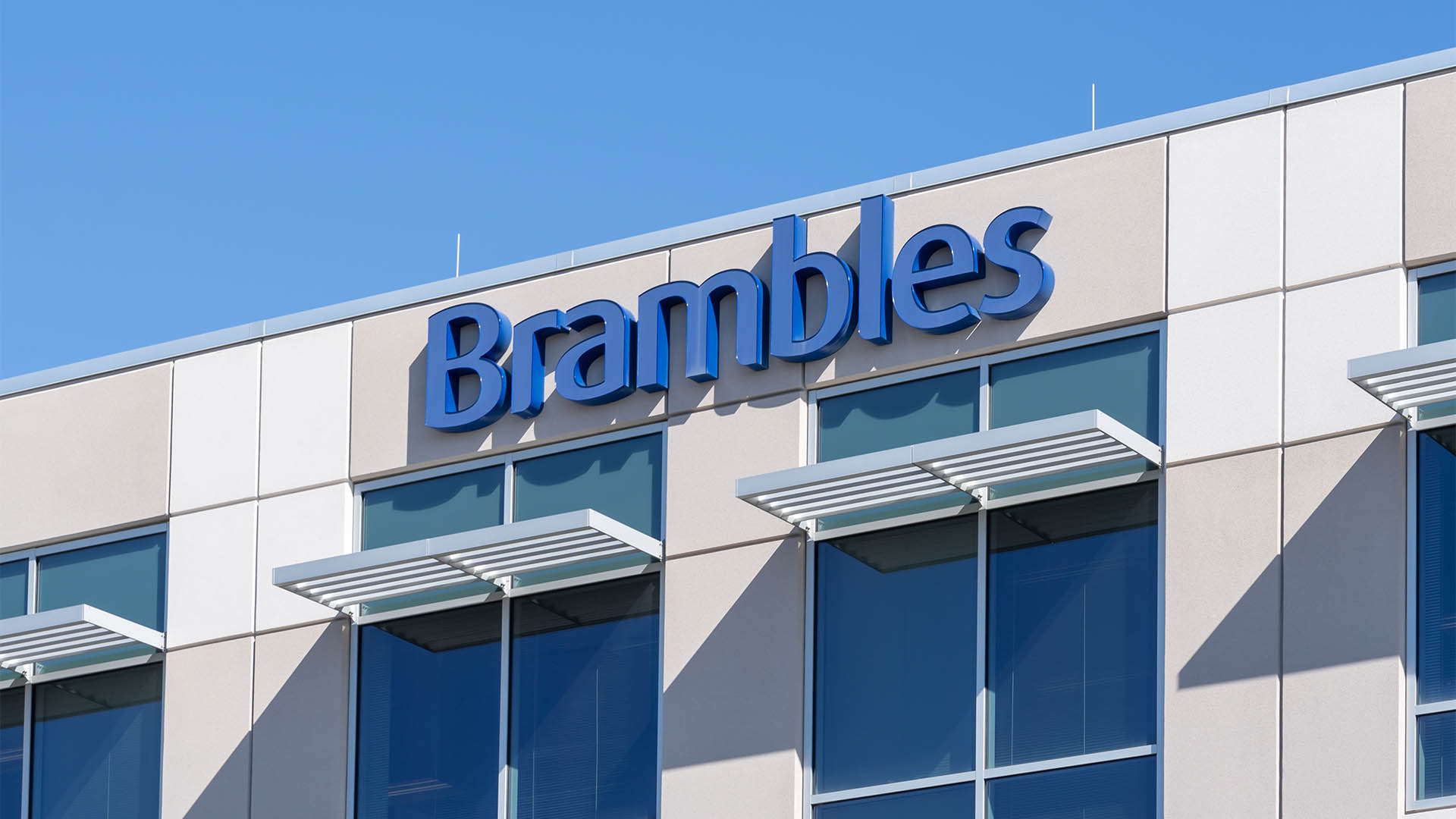The ANZ has found a replacement for the very successful CEO, John McFarlane.
In an indictment of the bank's board and chairman (and Mr McFarlane as well), the ANZ has found its new CEO outside, not through the normal internal succession.
It is the second time the bank has looked and found a CEO outside: Mr McFarlane, a Scot,was headhunteda decade ago.The bank yesterday said it had appointed Hong Kong and Shanghai Bank's Asian boss, Michael Smith, an Englishman, to succeed Mr McFarlane from October 1.
Mr Smith, who is currently president and chief executive of the Hong Kong Shanghai Banking Corp Ltd, will also join ANZ's board when he takes up the position.
Mr Smith also chairs Hang Seng Bank Limited in Hong Kong, and HSBC Bank Malaysia Berhad, while acting as the global head of Commercial Banking for the HSBC Group.
He runs all of HSBC's Asian businesses and was recently overlooked for the top role.
When Mr McFarlane leaves the ANZ on September 39 after a 10-year stint as chief executive he will leave it in a far better position than he found it in 1997.
It is more profitable, more diversified, has remolded its strategy domestically and internationally, and given it a firmer position in Australian financial services. Employment has increased while costs have been trimmed and revenue enhanced.
The net result has been a sharp improvement in the bank's standing with investors and customers, which has been no mean achievement.
In fact between 2001 and 2006, the ANZ was the only major bank to double earnings and its share price responded accordingly.
According to some Melbourne reports, Mr McFarlane's success was behind the problems that emerged 15 months ago with chairman, Charles Goode, about the timing of the CEO's departure.
That was settled with Mr McFarlane's departure left flexible and Mr Goode indicating he may also depart. But the chairman is staying on and will stand at the AGM later this year. He said in a recent statement he wanted to remain on the board to help the new CEO settle.
Mr Smith has led The Hong Kong and Shanghai Banking Corporation Limited and HSBC Holdings Asian business, since August 2003.
Those businesses have 60,000 employees in 22 countries, total assets of $A523 billion and a profit before tax of $A10.6 billion.
Mr Smith said he had lived and worked in Australia for five years.
Mr McFarlane directed the ANZ back overseas after a failed international expansion in the 1980s and 1990s left it with big losses, especially in India.Under Mr McFarlane the ANZ bought New Zealand's biggest lender, the National Bank, and invested in China, Indonesia, the Philippines, Vietnam and Malaysia.So he will be a tough act to follow.
Mr Smith can be expected to drive the ANZ deeper into Asia on the back of the beachheads established under mr McFarlane.But questions should be asked about why the ANZ, especially the chairman and the board, could not develop a workable succession plan to throw up internal candidates in the same way that BHP Billiton has just replaced the retiring Chip Goodyear with Marius Kloppers, the company's head of base metals.The ANZ lost a senior executive, Steve Targett, who had been one of the international candidates. He quit last week without explanation but it is now clear he was told he would not be getting the top job.
The other internal candidate was Brian Hartzer, the head of the ANZ's retail business. Will he now look outside having missed the top job in the same way that the loser to Mr Kloppers, Chris Lynch, is leaving the resources giant? BHP Billiton did it smoothly, looking outside and internally before selecting Mr Kloppers in what will be a smooth transition.The ANZ follows a period of dislocation as Mr Smith learns (or re-learns) the different approach to banking in a small, very competitive domestic market. It will be different to running the Hong Kong and Shanghai Bank.
He cannot run Asia to the exclusion of Australia: that has been tried before and it failed.Now there's one more senior CEO's role to be filled at a top company.Westpac is looking for a replacement for the about-to-retire David Morgan, who will be another hard act to follow. Westpac does appear to have a couple of internal candidates identified and these days a big company has to look externally as well as internally.But it would be easier for everyone if the candidate came from inside.Mr Smith will be paid a base salary of $3 million with short term incentive payments of up to $100 per cent of salary a year.
He will be on a 12 month rolling contract (with a minimum of three years) and he will also receive long term incentive payments linked to performance. These will be in shares worth $3 million with a zero exercise price. But he will also receive a $9 million 'sign on' fee (the so-called golden hello) to compensate him for salary and other conditions lost at HSBC.
This will be paid in three tranches and can be taken in deferred shares which he will not be able to access. So for the first three years he could receive total remuneration of $30 million, if everything pans out (and removal costs to Australia).ANZ shares closed at $29.02, down 9c and off 36c from the day's high of $29.47 after Mr Smith's appointment was announced. That spike made him worth more than half a billion dollars. The closing loss was a negative $$130 million or thereabouts. Westpac shares ended down 21c at $25.52.






